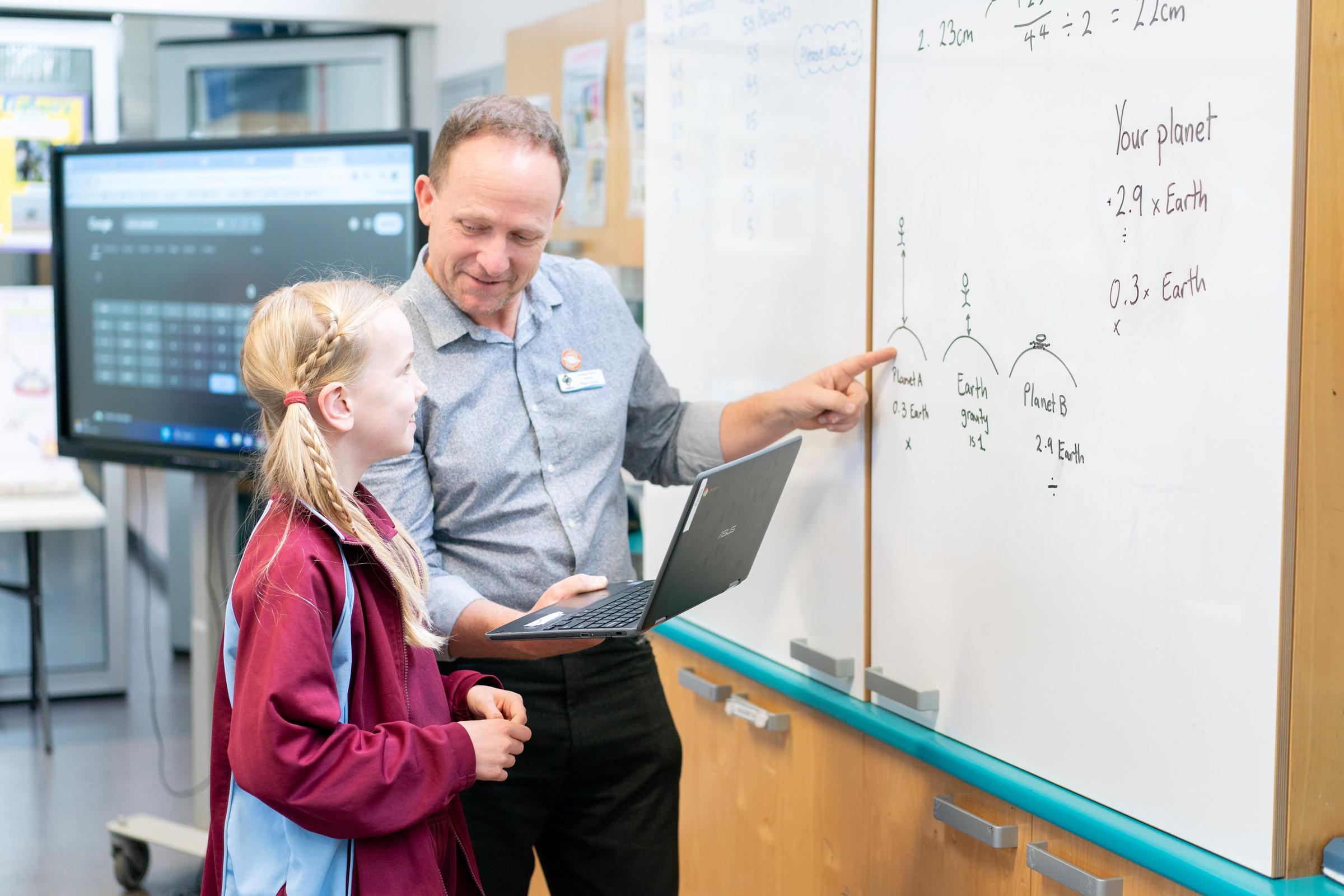Letter to Family and Friends

Dear Pilgrim Families,
At Pilgrim School, our teaching staff continuously seek to enhance and refine our practices to better serve the needs of the children in our care. This year we have been receiving training in the Science of Learning which uses research from cognitive science related to how students learn and connects this research to its practical implications for teaching and learning.
There are a number of strategies that can be utilised in the classroom to best help students learn and transfer knowledge from working memory to long-term memory. Our working memory is where we hold and process new information and has a small capacity. If information is not transferred to long-term memory from here, it will be forgotten. Long-term memory is where we store things we have learnt and has a huge capacity, meaning we can remember things from a long time ago. Connecting information from our working memory to long-term memory is how we learn new things.
Some of these teaching strategies to support this transfer to long-term memory involve different forms of questioning, checking for student understanding, new material presented in small steps, revision strategies and the spacing of content in line with cognitive load theory. Cognitive load theory is the understanding that humans can only process so much information at once. Too much information can lead to cognitive overload which hinders how much can be transferred from working memory to long-term memory. I’m sure you can recall times when you have experienced cognitive overload and knew that you were struggling to take in information presented to you.
It is exciting to see advances in the understanding of the way the brain works and be able to apply this knowledge to our teaching to help our students to flourish in their learning!
Grace and peace,
Julie Wicks
Deputy Principal
